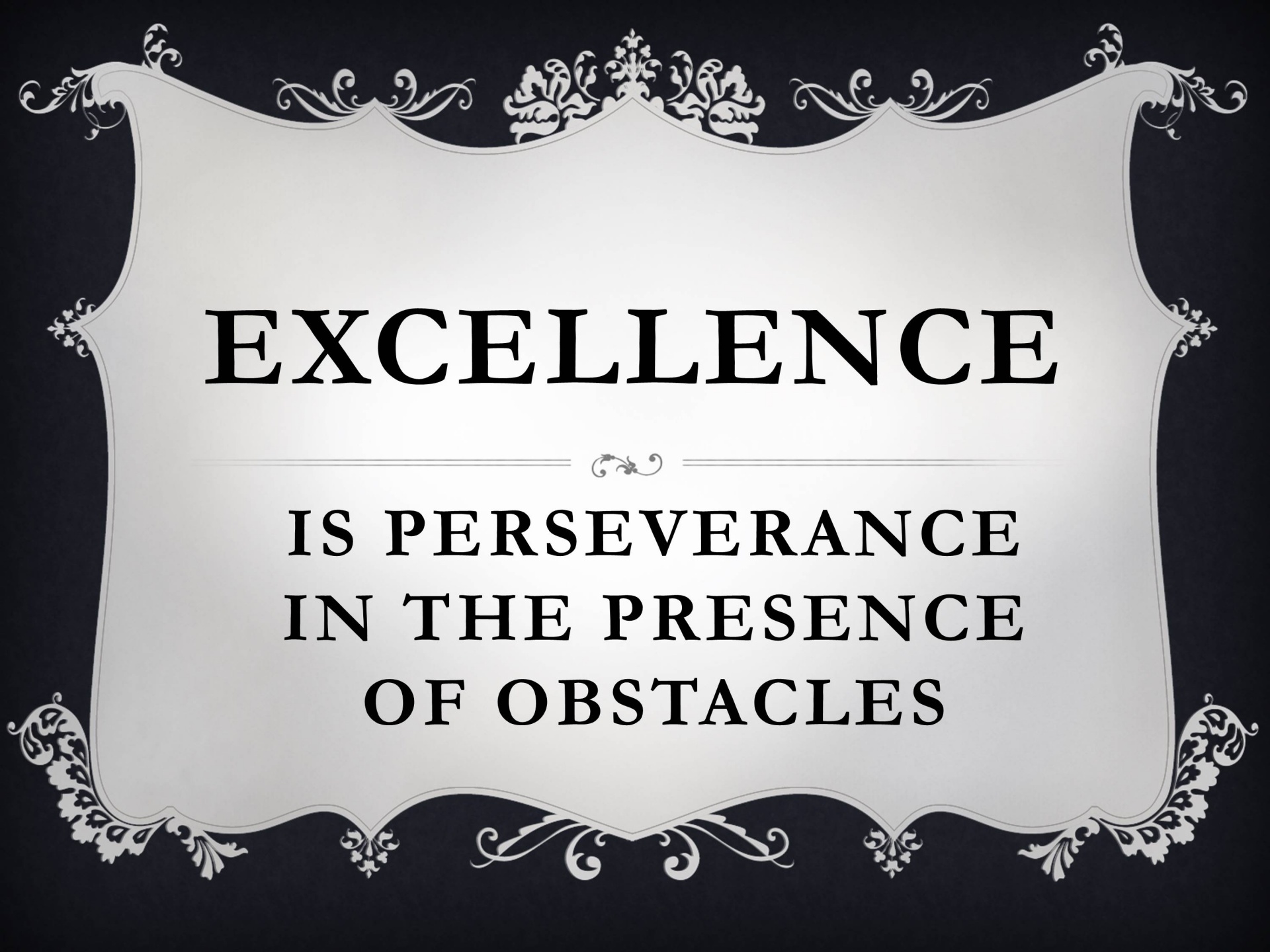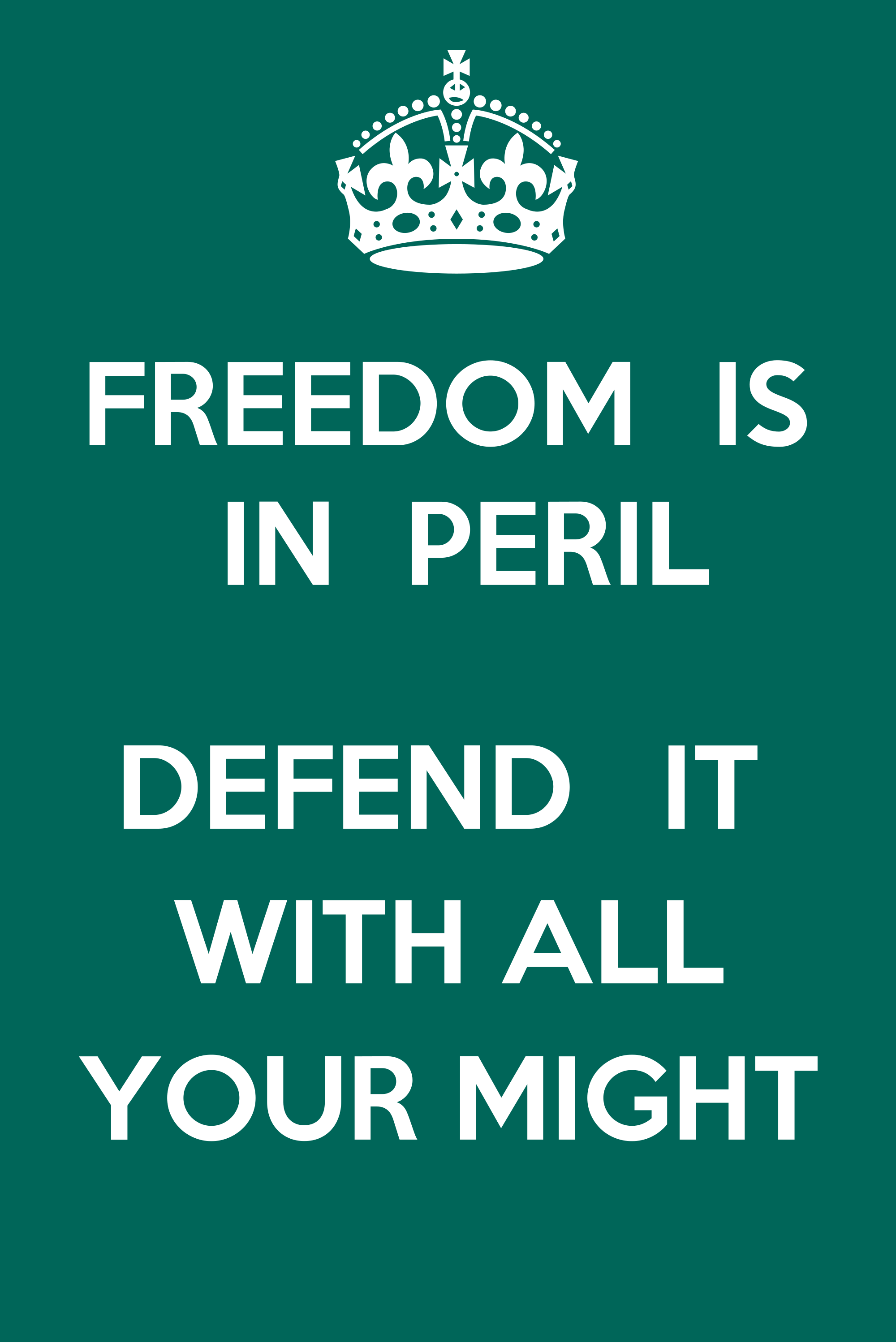Losses occur at every stage in life, particularly in the later years.
As we age, we must cope with a variety of setbacks – physical, social, or emotional – that may, over time, affect our ability to function independently, jeopardizing our freedom from relying on others for our needs.
The extent to which we accept and adapt to these losses directly affects the quality of life we achieve and maintain.
But what if your quality of life is complicated by a chronic disease?
A disease like dystonia.
Dystonia is a disorder characterized by involuntary muscle contractions that cause slow repetitive movements or abnormal postures.
The movements may be painful, and some individuals with dystonia may have a tremor or other neurologic features.
There are several different forms of dystonia that may affect only one muscle, groups of muscles, or multiple muscles throughout the body.
Dystonia often impacts every aspect of a person’s life, and learning to live with dystonia can be a profound adjustment.

Consider This Scenario
Cathy Walsh, a woman in her late 40’s, has been living with severe generalized dystonia since birth. A government personal independence program provides her with a mobility payment that covers the cost of her automatic car.
Cathy can barely walk more than 50 feet. She NEEDS this car.
But then, politics chime in and her case is reassessed.
Following Cathy’s review process, it was determined that she did NOT meet specific criteria. Her car had to be returned.
Discover how Cathy fought back against an unjustified strike against her freedom. Read her full story here.

Aging is Tough Enough
Think about it:
- Not remembering appointments
- Having difficulty climbing stairs
- Straining to open jars
- Struggling to walk long distances
- Being unable to participate in social activities
Limited, or the complete loss of, independence can create tremendous frustration, feelings of uselessness, and sadness, due to a sense of losing control in one’s life.
Thankfully, there are fighters in this world – people who forge ahead through the challenges and setbacks: people like Cathy Walsh.
How did you overcome your own personal challenge or setback? Share your experience and success in the comments below.






